Security News
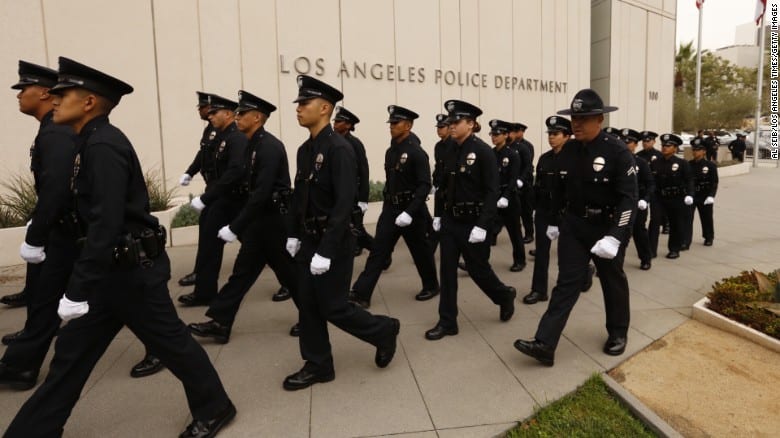
At issue is the fact that Clearview uses photos from social media and other publicly available sources, without consent, in violation of what some say are basic privacy rights. ACLU has taken Clearview AI to court over privacy issues.

Despite all of the advancements we've seen, many organizations still rely on the same algorithm used by Bledsoe's database - known as "k-nearest neighbors" or k-NN. Since each face has multiple coordinates, a comparison of these distances over millions of facial images requires significant data processing. Facial recognition also involves finding the location of a feature on a face before evaluating it.
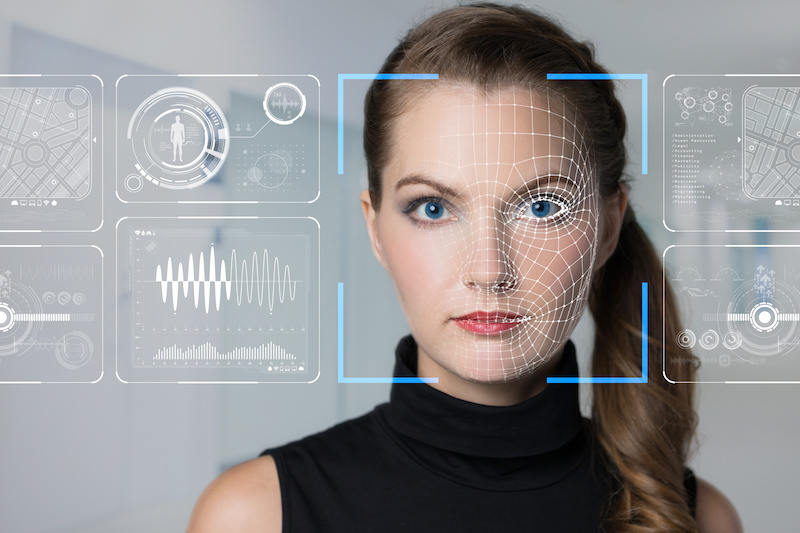
A bill making its way through the U.S. Senate aims to extend nationwide some of the restrictions on the collection of facial-recognition information already imposed by an Illinois state law, as well as expand private citizens' legal powers to sue companies that violate them. The proposed national law would also require that a company acquires written consent before recording anyone's biometric data, and provides both private citizens and state attorneys general to sue companies that violate these terms.
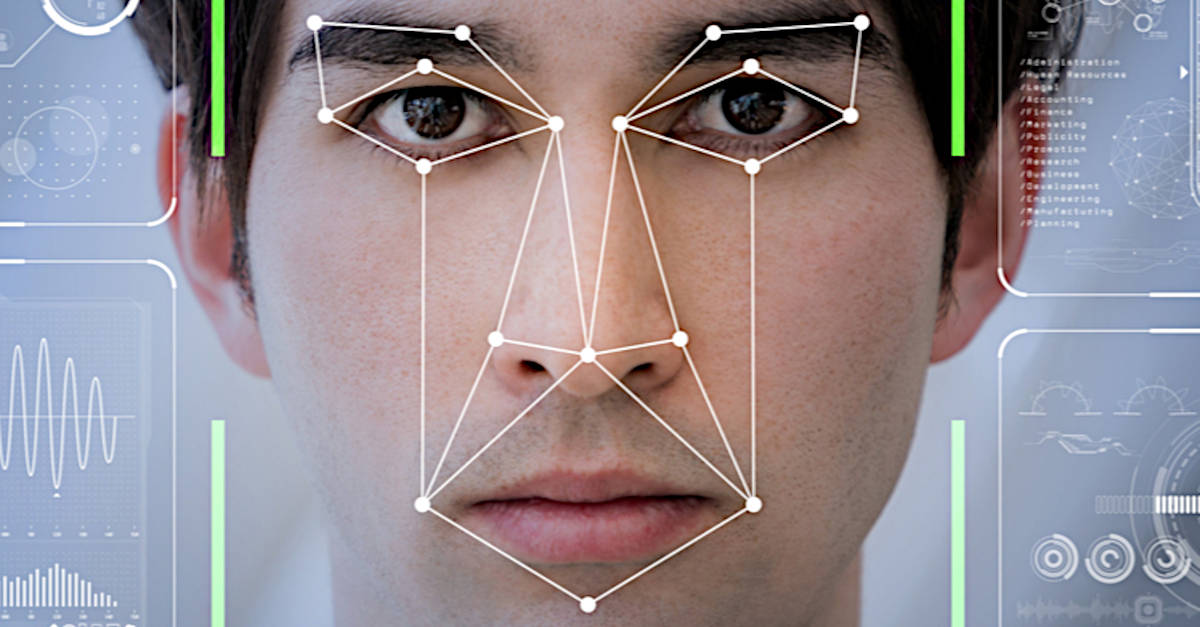
So far this year, the use of facial recognition by law enforcement has been successfully challenged by courts and legislatures on both sides of the Atlantic. Unconstrained use of facial recognition services by state and local government agencies poses broad social ramifications that should be considered and addressed.

Face masks not only have shown in research to slow the spread of COVID-19, they also deter facial-recognition technology from correctly identifying people, according to a new study. New research from the National Institute of Standards and Technology found that even the best of 89 commercial facial recognition algorithms tested experienced error rates between 5 percent and 50 percent when matching people in digitally applied face masks with photos of the same person without a mask.

Privacy watchdogs in Britain and Australia have opened a joint investigation into facial recognition company Clearview AI over its use of personal data "Scraped" off social media platforms and other websites. Clearview AI Inc. came to attention after investigative reports detailed its practice of harvesting billions of photos from social media and other services to identify people.
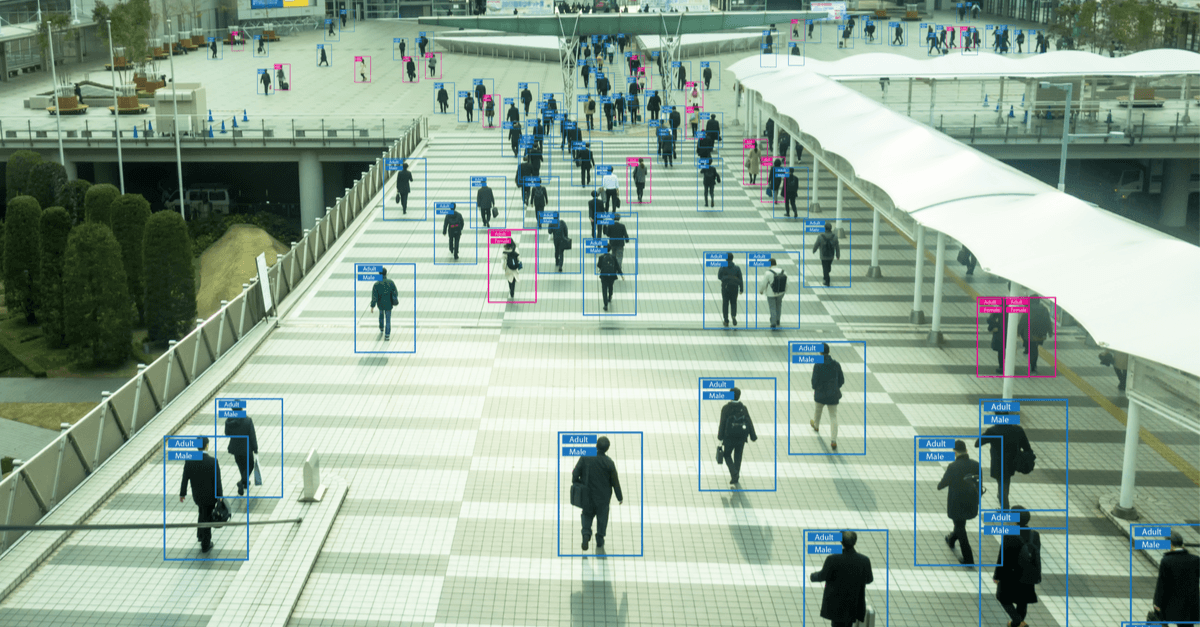
Williams, a black man living in Michigan, was arrested in January when police used automatic facial recognition to match his old driver's license photo to a store's blurry surveillance footage of a black man allegedly stealing watches. The Detroit Police Department claims that it doesn't make arrests based solely on facial recognition.

Today, Facebook and Instagram can automatically tag a user in photos, while Google Photos can group one's photos together via the people present in those photos using Google's own image recognition technology. Led by Professor Mohan Kankanhalli, Dean of the School of Computing at the National University of Singapore, the research team from the School's Department of Computer Science has developed a technique that safeguards sensitive information in photos by making subtle changes that are almost imperceptible to humans but render selected features undetectable by known algorithms.
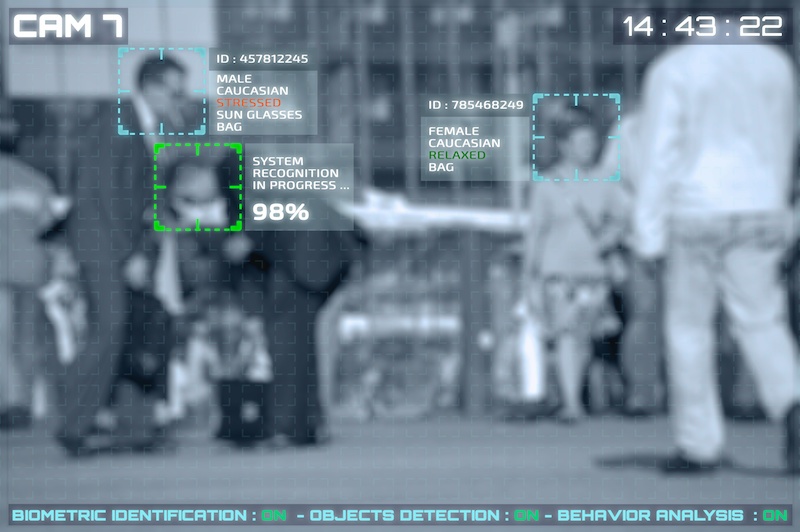
Paul Bischoff, consumer privacy expert with Comparitech, found that Amazon's face recognition platform incorrectly misidentified more than 100 photos of US and UK lawmakers as criminals. Rekognition, Amazon's cloud-based facial recognition platform that was first launched in 2016, has been sold and used by a number of United States government agencies, including ICE and Orlando, Florida police, as well as private entities.

The Facial Recognition and Biometric Technology Moratorium Act would explicitly ban police from using the technology. Members of Congress introduced a new bill on Thursday that would ban government use of biometric technology, including facial recognition tools.